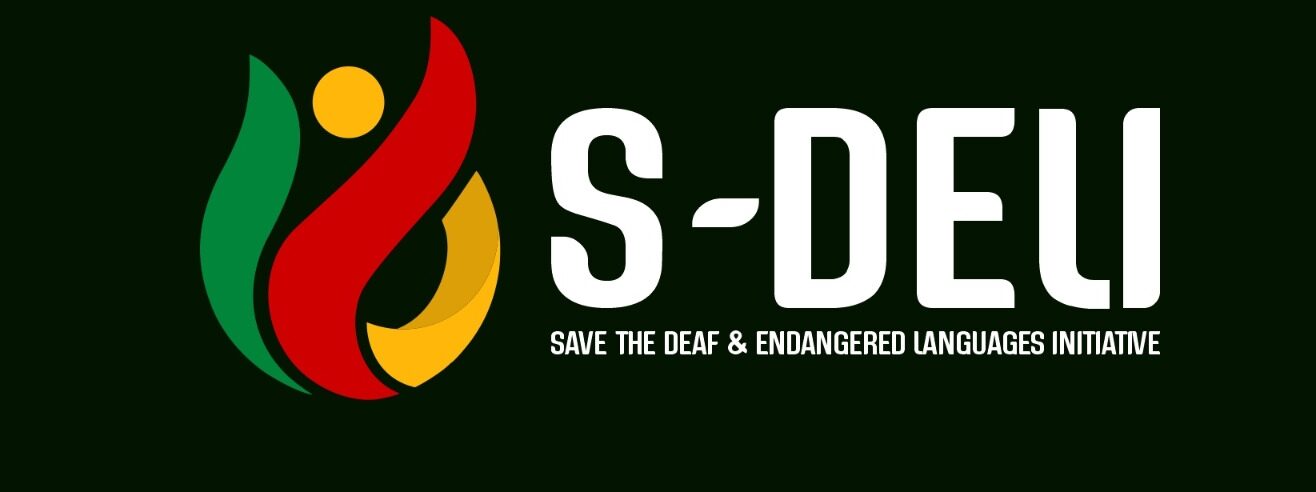Conference Abstracts
Keynote Abstracts
Language Rights and African Indigenous Spoken Languages
Imelda Udoh, PhD
Language is a medium of communication, a marker of culture, an important index of identity, a source of power, an instrument of social control, an important resource of development, and an archive of the life and indigenous knowledge system of a people. Africa has about 2,000 languages, drawn from 5 main phyla: Afro-Asiatic, Nilo-Sahara, Niger-Congo, Khoisan, and Austronesian. These languages can be classified into three categories – Indigenous, National, and Official languages, which sometimes overlap in terms of definition. While Indigenous languages are native to regions or indigenous communities, National languages are languages used in countries by the citizens, while Official languages are State languages that are given legal backing to be used in countries or in specific areas. National and Official languages, apart from the main advantage of providing a means of communication in multilingual countries, have some disadvantages. They breach the rights of the linguistic groups, especially the minorities and their privacy, and most children suffer from being taught in unfamiliar languages. African Indigenous languages are entitled to some rights. Such rights border on the choice of language to use for communication in the home and community, education, business, media, etc. This paper explores the linguistic rights of indigenous African languages of both majority and minority groups. These rights are approached from the perspective of equity and fairness within the framework of human rights drawn from the following international, regional and national instruments:
- Article 2 of the Universal Declaration of Human Rights
- Article 13 of the United Nations Declaration on the Rights of Indigenous Peoples
- Article 2 of the African Charter on Human and Peoples’ Rights
- Linguistic Rights in the Constitutions of African Countries.
Although provisions are made for the rights of the Indigenous African languages, the huge numbers of the languages involved, and the complexities of the sociolinguistic realities erode these rights and render the efforts on implementation ineffective.
“Nothing About Us Without Us” Challenges in research on African sign languages
Marco Nyarko & Victoria Nyst, PhD
The field of linguistic research on African sign languages is growing. In this paper, we will share reflections on the field. We identify two challenges, one pertaining to the diversity of the sign language situation in many countries, and another one pertaining to the underrepresentation of Deaf African academics. Community-based approaches to linguistic research, such as documentary linguistics emphasize the need for the involvement of the community in every step of the research project, as well as the need for linguists to give back to the community. We will argue that important, long-term forms of giving back to signing communities are 1) training community members in research activities, and 2) making available data sets for use in sign language teaching. We will end with a discussion of what sign linguists can do to address the underrepresentation of Deaf African academics, including removing barriers to tertiary education.
Lead Presenter Abstracts
Do Indigenous Sign Languages Matter in Africa? A Social Cultural Perspective.
Chika Esiobu, PhD
The erosion of Africa’s indigenous sign languages occurred well before the prevailing tide against the continent’s indigenous spoken languages. However, while many scholars and organizations such as the United Nations Education Scientific and Cultural Organization (UNESCO), among others, are committed to the preservation of indigenous spoken languages in Africa, there appears to be little enthusiasm around the revitalization and/or strengthening of indigenous sign languages across the region. Across Africa, there seems to be an undeclared unanimity that deaf communities should congregate around commonly utilized sign languages, often of Western origin, in order to be availed of whatever international support might be available, among other reasons. In this paper, I argue that strengthening indigenous sign languages is crucial to the advancement of Africa’s deaf community and the continent at large. I propose that indigenous sign languages should be equally promoted as much as imported sign languages. I base my arguments on the sociocultural theory that views human development as a social exercise in which the younger generation acquires values, convictions and problem-solving skills through a continuous, consistent, deeply interactive series of dialogues with older and more knowledgeable members of society. For the deaf community across Africa to be co-creators of knowledge and be adequately equipped to contribute to the overall advancement of their communities, there is a need for them to understand the cultural nuances and indigenous knowledge that exist therein. Africa’s indigenous knowledge and culture are strongly rooted in the indigenous languages of various communities. Indigenous sign languages are therefore critical in the full incorporation of the deaf community as more than marginal members of the community, but as fully functional members of their various communities who can be bilingual in both their indigenous sign languages and other more widely used sign languages.

